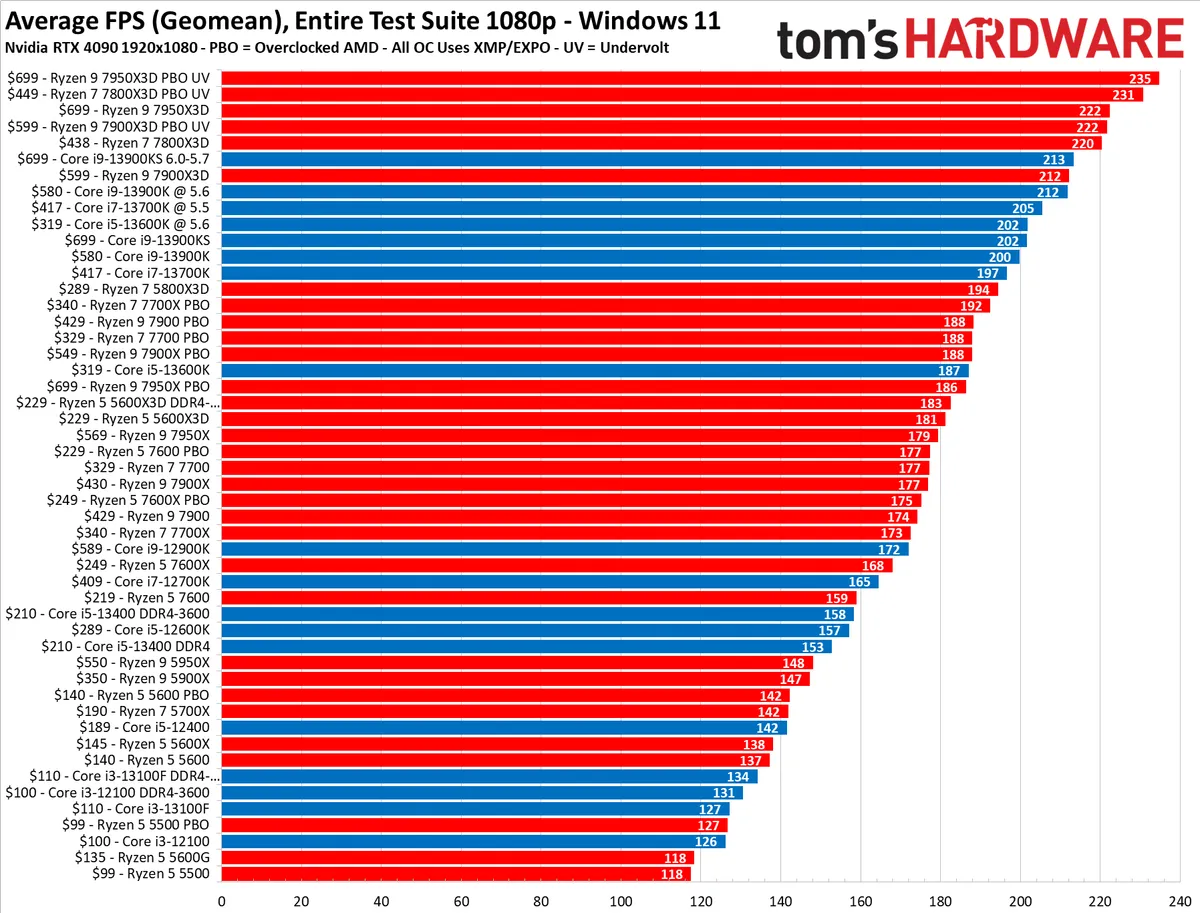My wife games in 4K. When she selects some of the options such as RTX (not that I care one bit) , it absolutely uses up processing and GPU capability. It "seems" that games can, if you select the options, use more computing power than is commonly available, at which point, problems arise. Her video card is nearly always running the fans at 100% and showing that its processing power is maxed out.You have a fast CPU, what is a somewhat faster and considerably more expensive CPU going to gain for you?
So by purchasing the best you can afford, you get the best results. A $200 processor upgrade may not get you much, but over a generation or two, it does seem to add up.

